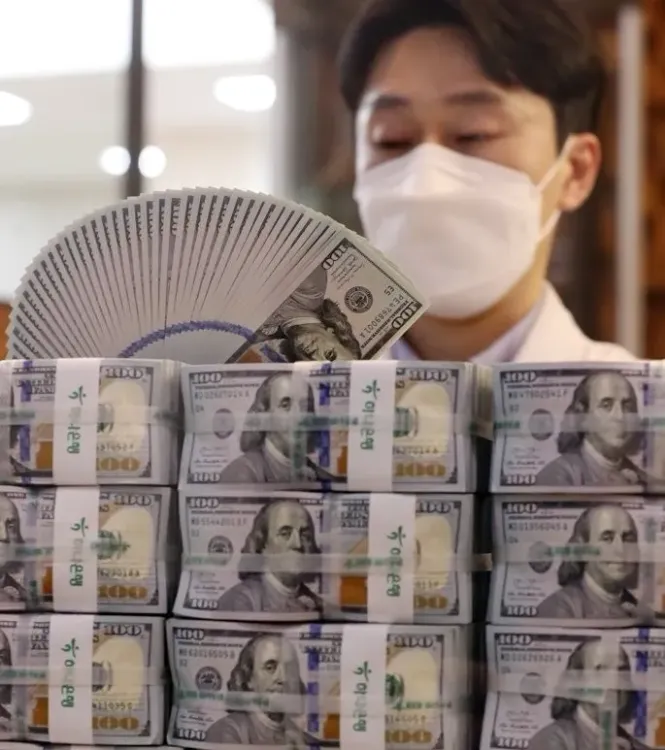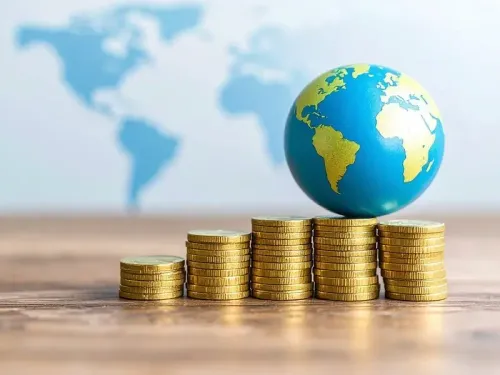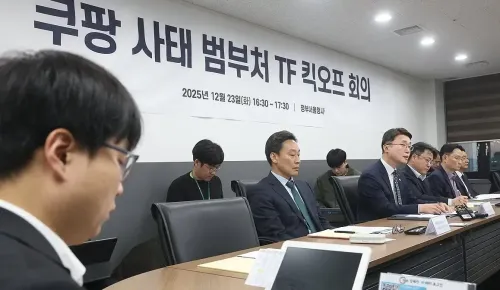Is South Korea's economy showing signs of a recovery?

Synopsis
Key Takeaways
- Modest recovery in South Korea's economy noted.
- Consumer spending is rebounding.
- Construction sector continues to face challenges.
- Semiconductor exports remain strong.
- Potential impact of U.S. tariffs poses uncertainty.
Seoul, Nov 9 (NationPress) Recent indicators suggest that South Korea's economy is experiencing a modest recovery, fueled by a resurgence in consumer spending. However, challenges persist as the construction sector continues to struggle and export growth has decelerated, according to a state-run research institute's report released on Sunday.
The Korea Development Institute (KDI) stated in its monthly economic evaluation, as reported by Yonhap news agency, "Despite the downturn in construction investment and the deceleration in export growth, we observe a slight enhancement in economic conditions, predominantly attributed to consumption."
The report highlighted that exports of semiconductors, a crucial component of the country’s export market, remained robust. Nonetheless, it cautioned that this positive trend may be jeopardized by the repercussions of U.S. tariff policies.
In October, South Korea's exports climbed by 3.6 percent year-on-year, reaching $59.57 billion, marking the fifth consecutive month of growth, primarily driven by strong semiconductor demand, per government statistics.
By sector, semiconductor exports skyrocketed by 25.4 percent year-on-year, totaling $15.73 billion, setting a record for October.
Conversely, exports of various other goods saw a decline due to reduced working days stemming from this year’s extended Chuseok holiday. The October results also reflect a slowdown from the 12.7 percent year-on-year surge recorded in September.
The KDI remarked, "The average daily export value has seen a modest decrease owing to weaknesses in items outside the semiconductor sector."
The institute also noted a gradual easing of the slowdown in private consumption, bolstered by declining market interest rates and ongoing government stimulus initiatives.
"Service output, especially in domestic demand-driven areas such as retail and wholesale, is on the path to recovery," the report stated.
At the end of October, Seoul and Washington finalized the specifics of Seoul's $350 billion commitment made in return for reduced U.S. tariffs during summit discussions between President Lee Jae Myung and U.S. President Donald Trump, with collaborative documentation currently being prepared.
The KDI acknowledged, "Although trade conditions have seen partial improvement due to advancements in U.S.-Korea trade discussions and diminishing U.S.-China tensions, uncertainty persists."










